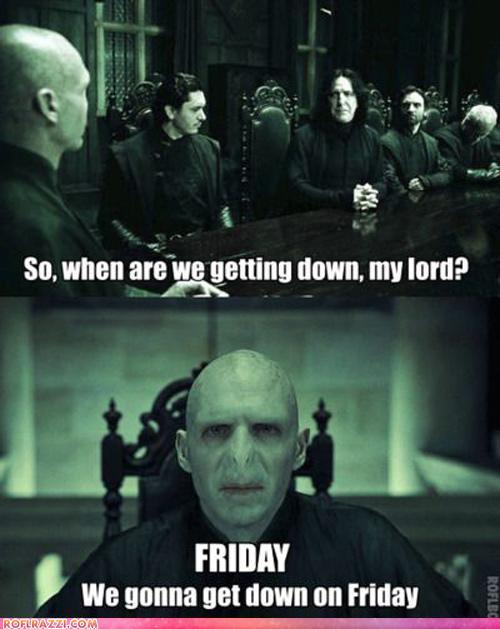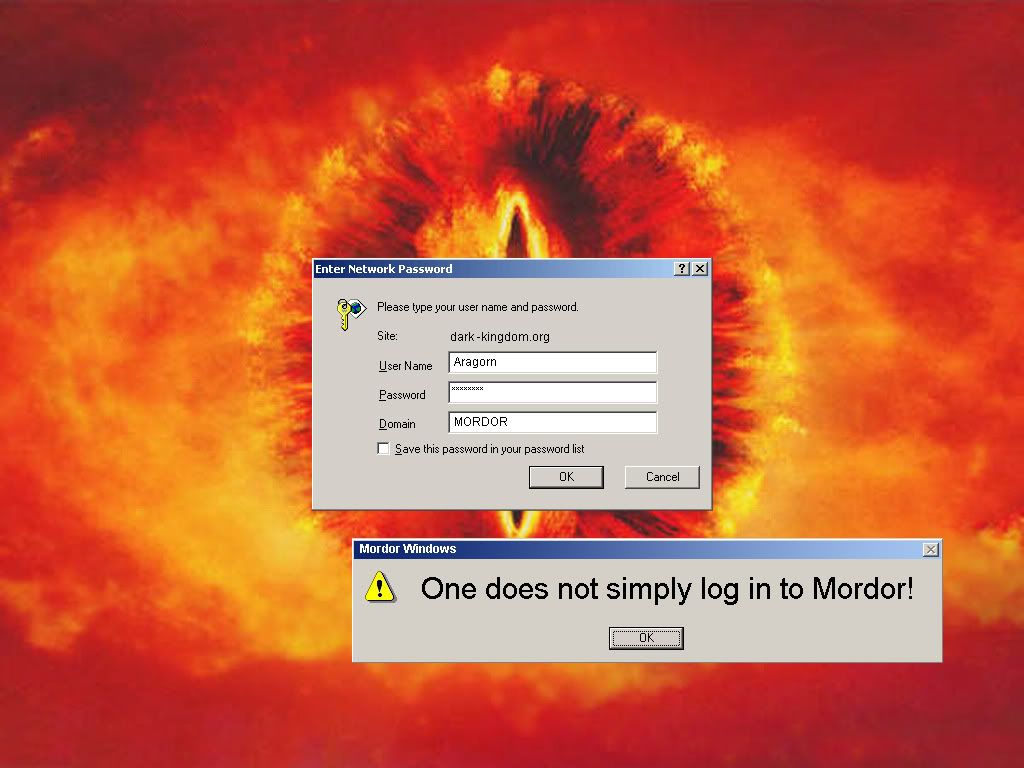I am not necessarily an isolationist so much as I am anti-war. I have an opposition to just about every war that is waged, and my personal view is that if you must go to war, you take the war and all its fury right to the root of the conflict. In most wars that America wages, the root of the conflict is usually the oppressor or dictator. For my Mormon readers, I would direct you to the first book of Nephi, when Nephi killed Laban. It was better that one man should die than the entire nation fall into sin under his example. Likewise, I would postulate that by finishing a war at the start, most likely through the assassination of the oppressor or dictator in question, a great many lives would be saved from torment and eventual death in a drawn-out campaign.
War has a debilitating and blinding effect on those who are waging it: each side views the other as 'the bad guys'. The citizens of a nation tend to view the opposing nation itself as the enemy. The fact that the 'enemy' is just like us escapes us during wartime; it is a subconscious, psychological armor we don to prevent us from feeling empathy for the suffering of the other side. We never speak of how their mothers cook dinners for their children, how their families send their sons and brothers off to war, and we never attend the funerals of every soldier slain by our side. I can assure you that with America's level of technological advances, every nation pitted against us will bury more soldiers than we will ever have to.
As far as history goes, war is necessary. The suffering caused by war promotes philosophical growth, and the fear that results from vulnerability provides the motivation for technological innovation. If it were not so, we would not be where we are now. Much of our technology and philosophical learnings nowadays are drawn from the years of war.
As a pastime, war games are entertaining. I am a great fan of strategy and conquering, as my siblings will tell you should you ask them to play a game of Risk or chess. In writing, war can be controlled. You can determine which elements to show your reader, whether or not you will portray it realistically, and decide whether or not you will humanize the forces opposing your protagonist. War, in novels, can be neat and tidy if you so desire it, and most writers do desire it that way.
But in reality, war is a thing no sane person would engage in. It takes a tremendous toll on economy and on the generations required to participate. War, in every sense, is a void; the void of the dead missing among the living; the void of a grave accepting a casket; a void into which resources, both human and economic, are poured, in the hope of forcing change or ideology on others. As to the justification for war, nothing short of self-defense against a life-threatening attack warrants going to war. Yet even this can be taken too far; the Iraq War, a fool's war if there ever was one, was a war fought over something that was not there.
This morning I wrote a poem while reflecting on the futility of war. It states, in not more than three lines, that war has been since the days of kings, and in spite of our technological and philosophical advances, will continue to be. In all of our human history, two things never change: love and war.
The rich pay the poor to fight their war,
And the widows weep while the children sleep,
Forever dreaming of a better tomorrow. . .
A tomorrow, I may add, that never seems to come. To close today's post, I leave you all with an excerpt from Heartless, a book I'm writing and will hopefully find time to finish.
M looked down. "I can't afford to let myself into battle, Bella. My power isn't something to bandy around."
Bella took him at his word and continued to watch the soldiers below. After a moment, Bella turned back to M. "M? How does soldiers killing each other fix the world's problems?"
Ayae stopped editing verse in her head and looked down at M. "That's a good question." she said, asking for an answer without saying as much. M, looking at Bella, was at a loss for an answer.
M blinked and looked away, to the horizon. Why was it that children always had the most difficult questions?
















